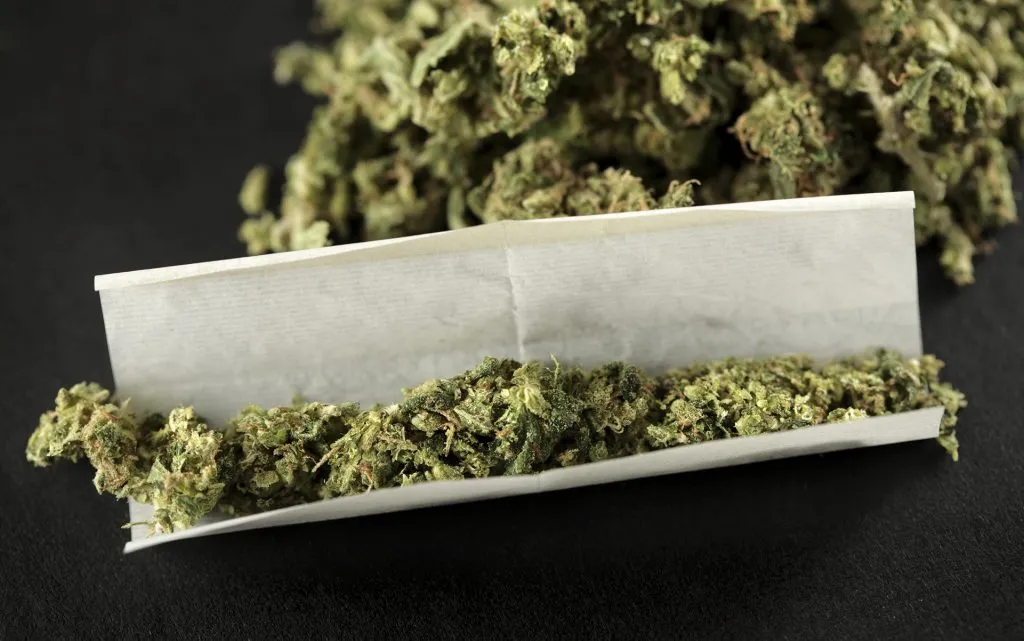Table of Contents
James Farmer QC
jamesfarmerqc.co.nz
MEDICINAL CANNABIS IS NOW LEGAL AND SO CANNABIS FOR RECREATIONAL USE SHOULD BE ALSO
In a separate article from her Herald piece (published in The Irish Times, 16 September 2019), Professor Cannon refers to a book written by a former New York Times journalist, Alex Berenson, who pointed to campaigns that have been successful in obtaining acceptance legally of cannabis for “medicinal use” which are then used as a platform for persuading the public and legislators to authorise full legalisation for recreational use. She pointed to doubts expressed by a group of 20 doctors who thought that the evidence that cannabinoids have medicinal benefits is “limited”, that they exist for a very small number of conditions and that the claims have been “grossly distorted”. Others, however, claim differently and there is opinion in the United States that medicinal cannabis is a more acceptable pain killer than prescribed opioids that, misused, have led to addiction and death.
Whatever the facts as to the utility of cannabis for medicinal purposes, that is an issue that is “completely separate” (to use the New Zealand Ministry of Health’s own words when describing the Medicinal Cannabis Scheme) from recreational use. As the Ministry says, a prescription from a doctor must be obtained for medical use and there are strict rules around supply and strength.
Interestingly, and a lesson for those who do not give adequate consideration to the law of unintended consequences, is the experience in Canada described by Mike Power in his recent Guardian article referred to below. This was that the traditional growers of medicinal cannabis (legal in Canada since 2001) diverted their product to the more lucrative recreational market when it became lawful in 2018, which made supply to medical users short and forced them to pay higher prices from suppliers of recreational cannabis.
In truth, according to the logic that legalising cannabis for recreational use is not really that different from the existing lawfulness of its use for medicinal purposes, there should be no objection to our legalising morphine for recreational purposes because it is used for medicinal purposes. The “Opioid Crisis” in the United States demonstrates just how dangerous it is when the use of medicinal drugs is normalised.
THE LEGALISATION OF CANNABIS USE WILL DECREASE ANY HARM TO USERS BECAUSE ITS PRODUCTION, SUPPLY, STRENGTH AND PRICE WILL BE REGULATED
The Explanatory Note to the proposed Bill states that its “overarching objective” is to reduce harm associated with cannabis use. The measures in the Bill that will achieve this objective (with my comments) are said to include:
(1) Raising public awareness of the risks associated with cannabis consumption – (one wonders why it is necessary to make a substance that is presently unlawful lawful in order to educate the public of its dangers.)
(2) Restricting young people’s access to cannabis – (the Explanatory Note answers this by saying: “The purchase, possession, and consumption of cannabis will remain illegal for people aged 19 years and under.”)
(3) Providing access for adults to cannabis that is legal and quality-controlled – (that assumes that access to cannabis that is unlawfully supplied and above regulated potency limits will not be available, as to which see below.)
(4) Deterring the illegal supply of cannabis by controlling its potency and regulating the whole supply chain – (not the experience of Canada and American States where legalisation and regulation have been introduced: see below.)
(5) Encouraging compliance with the legislation and ensuring that “responses to breaches are proportionate and incorporate a focus on reducing overall harm” – a worthy objective which is achievable now under the 2019 amendment to the Misuse of Drugs Act: see below.)
These propositions are able to be assessed by reference to the experiences that are resulting from other jurisdictions (notably in North America) where cannabis supply and use has been legalised in one form or another.
On the question of whether the legalisation that has occurred has led to a reduction in harm from cannabis use, reference should be made to a recently published article by Drs Robin Murray and Wayne Hall (Will Legalisation and Commercialisation of Cannabis Use Increase the Incidence and Prevalence of Psychosis: American Medical Association, JAMA Psychiatry, 8 April 2020). They find that, while the risk of dependence among cannabis users was estimated at 9% over 20 years ago, that number was now closer to 30% in those States in the United States that have legalised its use, with attendant increases in such harmful effects as cognitive impairment and effects on the unborn child by women who use it to combat nausea. They refer to increased risks of depression and suicide but conclude that “by far the strongest evidence concerns psychosis [including] an increased risk of later schizophrenia-like psychosis”:
An appalling feature about the claim that legalisation will reduce harm from cannabis use is that the harm is grossly underplayed by the cannabis reform lobby. Patrick Cockburn, writing in The Independent on 22 June 2018, says:
“A depressing aspect of the present debate about cannabis is that so many proponents of legalization or decriminalization have clearly not taken on board that the causal link between cannabis and psychosis has been scientifically proven over the past ten years, just as the connection between cancer and cigarettes was proved in the late 1940s and 1950s.”
And, as he also points out, since the time that the message did get through to the public about the link between tobacco and cancer, the number of cigarette smokers in Britain has fallen by two-thirds. Public education does not require legislative reform: it can be pursued now.
Another basis for the claim that a lawful regulated market will reduce harm is that the potency of the product will be limited by regulation. That assumes that the Black Market will disappear and that only cannabis with a controlled and limited potency will be available. That leads to the next proposition considered here.
To be continued…
If you enjoyed this BFD article please share it.







